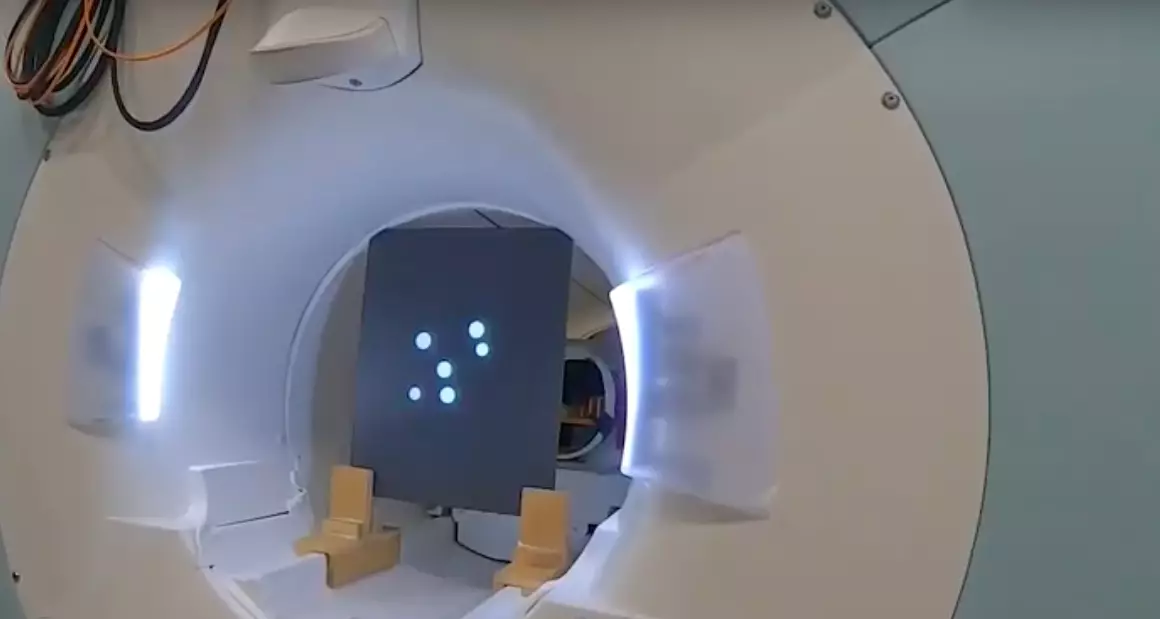
Repeating "all gone" in high-pitched tones to trick your dog into thinking you're out of treats (despite having some left in your hand) might seem to work. But what if we told you your pooch knows your lying?
Yes, some new research into dogs' brains by Emory University has proved dogs can actually understand numbers just like humans - so there's no point pretending you're out of Pedigree Tasty Bites when they know you had two in your hand earlier and they've only scoffed one.
Advert
The study used fMRI to scan dogs brains, and the dogs had no prior training in number tasks. When in the scanner, the pooches passively viewed a series of flashing dots, which varied in numbers.

The results showed "the dogs' parietotemporal cortex responded to differences in the number of the dots", meaning they were able to process changes in numbers.
While the number of dots varied, the area that they took up did not change, proving it was the number of dots instead of the size that generated the response.
Advert
"Our work not only shows that dogs use a similar part of their brain to process numbers of objects as humans do - it shows that they don't need to be trained to do it," says Gregory Berns, senior author of the study.

This shows why dogs have been able to survive in the wild, counting predators and food supply.
The study, published in Biology Letters, explains: "The approximate number system supports the ability to rapidly estimate a quantity of objects in a scene, such as the number of predators approaching or the amount of food available for foraging."
Advert
Professor Berns is the founder of Dog Project, the first study that trains dogs to voluntarily get in the fMRI scanner and remain motionless and without sedation during testing.

Just 11 dog breeds were tested as part of the experiment, and eight out of 11 breeds showed greater activation in the parietotemporal cortex when the dots changed.
So there you have it: your pooch is fully aware you're holding back treats.
Featured Image Credit: Pexels